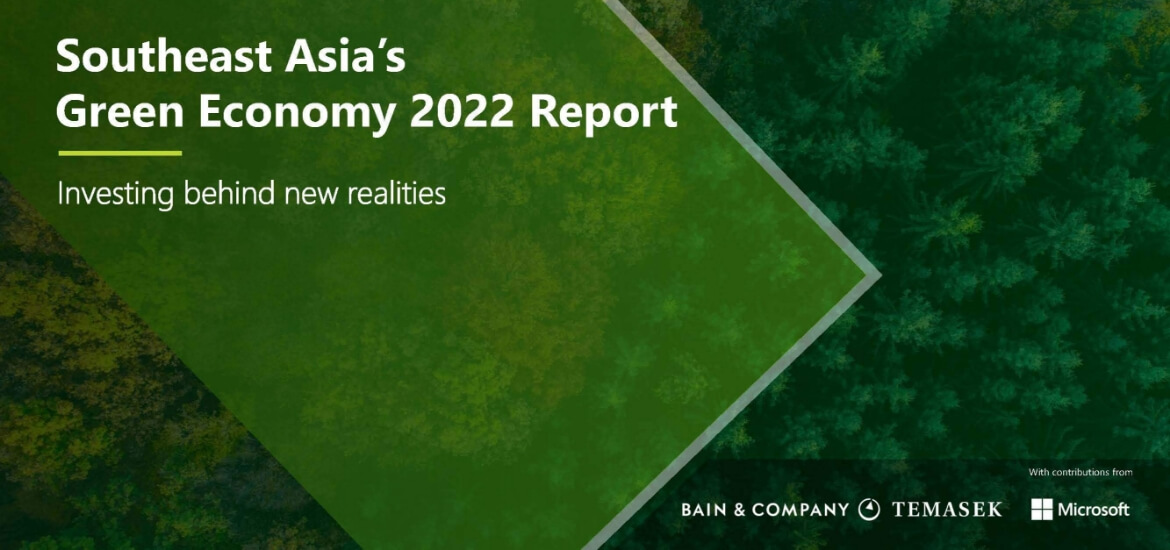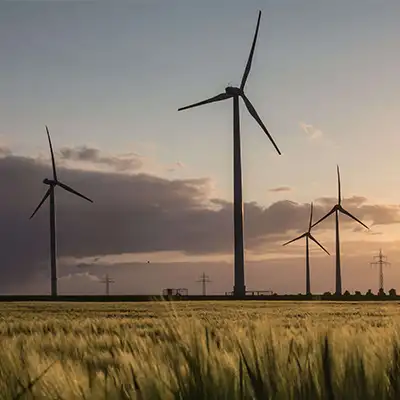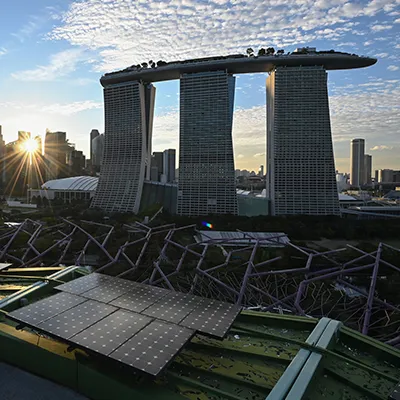Report
Southeast Asia (SEA) is at an inflection point for climate change in 2022 as the region works to translate climate commitments to tangible action. In recent years, parallel momentum across the public and private sectors has resulted in promising developments.
COP26 raised the region’s climate ambitions (8 of 10 countries now have a net zero target), and Singapore and Indonesia piloted carbon taxes. Green investment has picked up: The region has seen US$15 billion in cumulative investments since 2020, with the majority going to renewables and the built environment. Entrepreneurial efforts are also focusing on building and scaling sustainable solutions, especially in the energy and agrifood spaces, combined with exponential growth in private and venture capital sustainability investments between 2020 and 2021.
While the progress is heartening, it still falls short of overcoming emission reduction and investment gaps. There is a large emission gap of 2.6 to 3.2 gigatons vs. 2030 targets, after accounting for marginal improvements in emission levels based on the latest Nationally Determined Contributions and planned policy projections, and an additional US$3 trillion investment will be required to close it.
Meanwhile, renewed concerns about energy security, food security, and widespread inflationary forces are competing with climate change for urgent attention. In this context, it is both crucial and pragmatic to focus on directing investments to solutions with the most tangible carbon and financial impact for the decade.
This report assesses SEA’s decarbonisation themes by carbon abatement potential and investment attractiveness. It is based on interviews with investors and industry experts, sector screening, and deep dives into priority sectors. Five priority sectors are the most investable and will contribute 60% of SEA’s carbon abatement potential: forest conservation, renewables (solar and wind), electric mobility, sustainable farming, and the built environment.
While the opportunities and the need to act are clear, there are impediments holding back the scaling of the green economy—namely, insufficient incentives to scale decarbonisation efforts quickly, a bias toward new solutions vs. proven, low-risk options, and a lack of clarity on system costs for energy transition.
To address these concerns and accelerate and scale green investment, stakeholders in SEA need to act on four critical fronts:
- unlock opportunities in proven solutions;
- confront system costs for energy transition;
- strengthen green financing; and
- increase collaboration across the region.
This report was produced by Bain & Company and Temasek, with contributions from Microsoft. It was launched at Ecosperity Week 2022.






